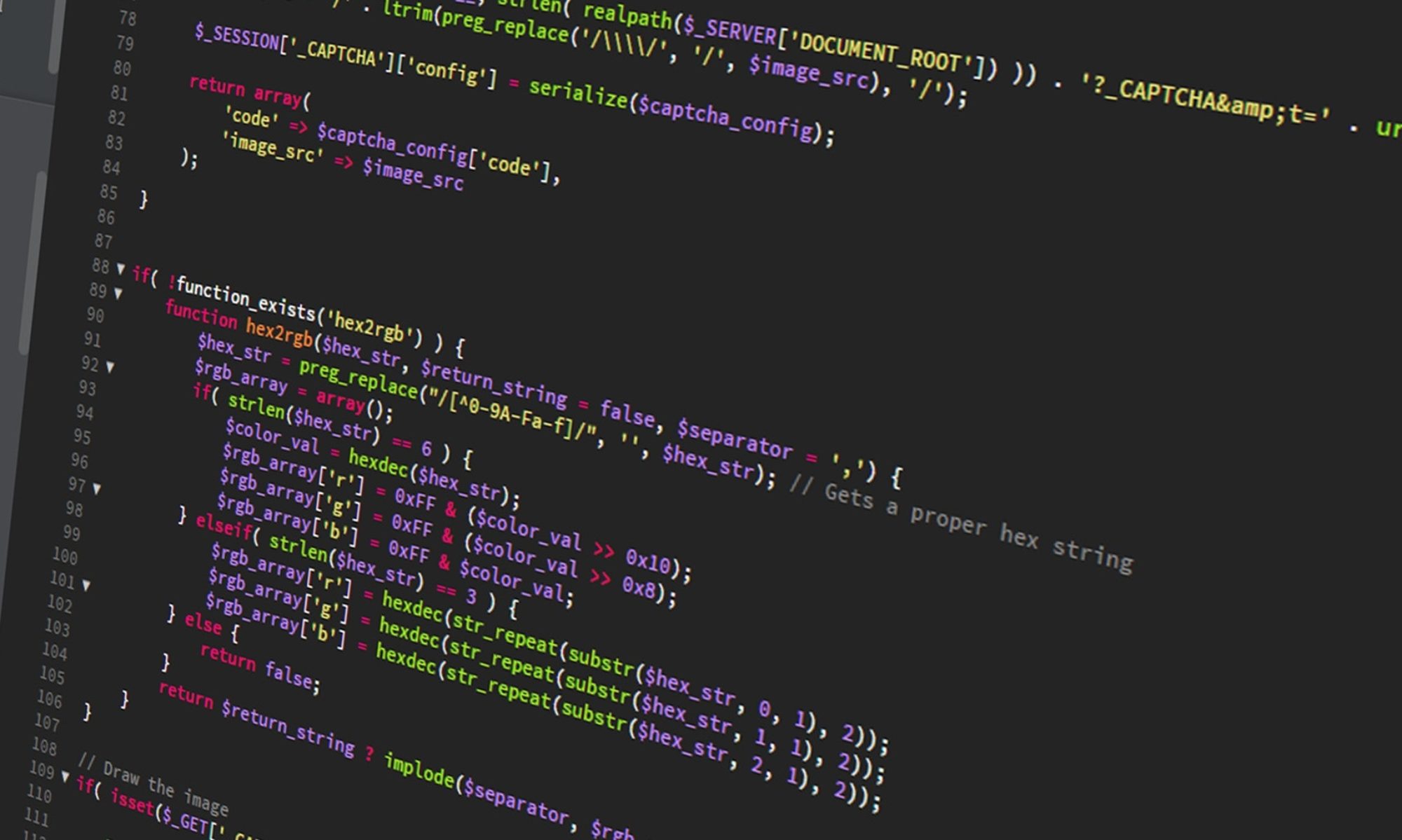Creating a new job that runs every day at 4:00am:
declare l_job number; begin dbms_job.submit( l_job, -- OUT; the job ID number that will be generated 'schema_name.procedure_name;', -- IN; the name of the job you wish to run, aka. "what" trunc(sysdate)+1+4/24, -- IN; the first time the job will be run 'trunc(sysdate)+1+4/24' -- IN; the interval the job will be repeated ); end;
Regarding the interval, here are some examples:
-- Every 15 minutes starting from the minute/second of the previous execution 'sysdate+1/24/4' -- Every hour, same minute/second as the previous execution 'sysdate+1/24' -- Every hour, at the 15-minute mark 'trunc(sysdate, 'hh')+1/24+15/24/60' -- Every hour, limited to between 9:00am and 5:00pm 'case when to_char(sysdate, ''hh24mi'') between ''0900'' and ''1700'' then sysdate+1/24 else null end' -- Every 3 days, same hour/minute/second as the previous execution 'sysdate+3' -- Every day at 5:00am 'trunc(sysdate)+1+5/24' -- Every Monday at 5:00am 'next_day(trunc(sysdate), ''monday'')+5/24'
To see a list of existing jobs:
select * from dba_jobs;
Altering all properties of an existing job:
begin dbms_job.change( 123, -- IN; job ID number 'schema_name.procedure_name;', -- IN; the name of the job, aka. "what" trunc(sysdate)+1+4/24, -- IN; the first time the job will be run after this change 'trunc(sysdate)+1+4/24' -- IN; the interval the job will be repeated ); end;
Altering just the “what”:
begin dbms_job.what( 123, -- IN; job ID number 'schema_name.procedure_name;' -- IN; the name of the job, aka. "what" ); end;
These procedures allows you to make changes in a manner very similar to dbms_job.what illustrated above:
.next_date .interval
Force a job to run:
begin dbms_job.run(123); -- ... where the "123" is the job's ID number end;
Removing an existing job:
begin dbms_job.remove(123); -- ... where the "123" is the job's ID number end;
